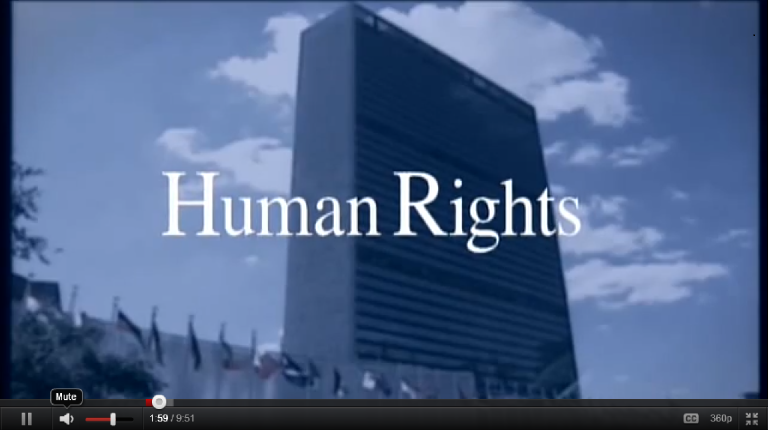A while back, I wrote an open letter (somewhat edited here) to a young teacher, Marilyn Rhames, who shared her experience in an Ed Week piece called A Course of My Own . She wrote about her experience in a hostile school environment with a principal who was vicious to both student and teacher alike. Her conclusions got to the heart of child abuse, but missed an important point about fear in the workplace. It did not challenge the false subtext of reform that holds that people who work with children don’t have basic human rights at work.
Dear Ms. Rhames,
It’s a terrible thing to listen to an abusive principal tell elementary school students that aren’t good at basketball that they shouldn’t bother to try out for the team because they can’t help the team win . Being told by that same principal that she likes money and that teachers might, at any time, be fired is equally distressing. I can imagine why you told all these stories in the faculty room when you were in a better school. They are cautionary tales and shocking, from one point of view. But, I must disagree with you and with the social studies teacher who piously told you that this all just happened to the children.
It did happen to the children. But, it didn’t only “happen to them.” It also happened to YOU. You were also given a terrible message. You were told that you were a disposable tool of your industry, that you should fear for your livelihood every day that you work. You were presented with the message that working people in many industries are hearing currently; that is, no matter how hard you work, your ability to feed yourself and your family, to offer a future to your children or to feel secure in the knowledge that good work will be valued is at risk. You were told that you may be replaced at any time for any reason. You got the message that your survival depends on the sacrifice of anything and everything that may be asked of you. You were told to live and work in fear.
You may say, well the issue of teaching is bigger than us. It’s bigger than a mortgage or a family or ability to retire one day. I would disagree. I think that the underlying message is that work is bigger than anything or anyone, and that message is related directly to all of us, young and old.
You suggest that “[e]ducators and policymakers must boil the chatter down to two essential questions: to what degree will this policy enhance student learning and how will we know?” I suggest that if you don’t boil the chatter down a little further than that, you’ll be enhancing student learning for a life destroying purpose. In accepting terms that define you as expendable, in choosing to manage the anxiety of knowing that that no matter what you do, you have reason to be insecure in your livelihood and your ability to feed and provide for your family, you accept a life diminishing notion of every person’s relationship to their work. You tacitly agree to work with no regard to its impact on your family, yourself or your children. You agree in quite blatant terms to have no value. This may be something that sounds like noble sacrifice to you. But, you might like to consider what you’re selling as well as what you’re teaching.
Of course, it’s important to work hard for children, to do good work with integrity. It’s important to understand what children are learning. But, it is also important to consider what your learning is preparing them for. Are you readying them for a life of opportunity or for a life of insecurity and fear, of work without end, of a constant and pernicious anxiety about their survival in an inhumane marketplace? Are you readying them to embrace life or to negate themselves and their families in their turn? What your employer told you was acceptable for you is what you accept for them, and if you accept that this act is somehow too small a concern in a world that needs change, you’re not just agreeing to your own erasure, you’re agreeing to theirs.
Maybe it’s not such a noble act to manage undeserved fear of reprisal or to stuff anxiety over the consequences of limited ability to negate the impact of poverty on opportunity. At least, not when you consider it in light of the fact that in accepting those conditions, you prepare children for your own fate. Considering the welfare of children as separate from the welfare of families and as separate from the people who work to maintain them is a false dichotomy. When you fight for a living wage, for decent working conditions, for the professional status of your career, for dignity in the performance of your work, you fight for the future of the children you teach, as well.
The Universal Declaration of Human Rights as visualized by Seth Brau and another one that depicts a great short history of Human Rights. Both are worth seeing and are excellent resources for the classroom, as well.


